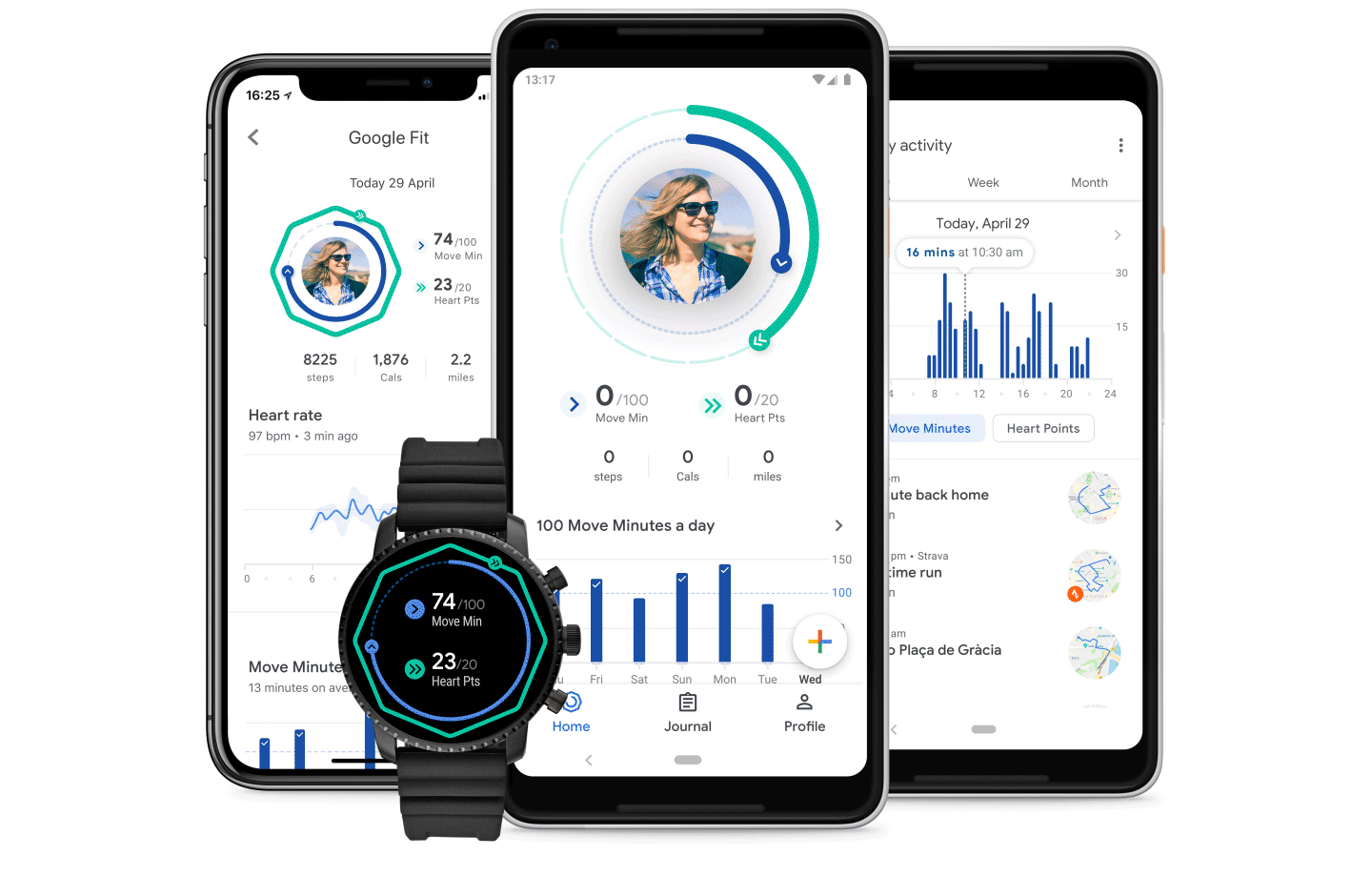Google has hired Geisinger Health CEO David Feinberg to oversee its many health care initiatives, reporting to AI chief Jeff Dean and working closely with CEO Sundar Pichai to organize Google’s various health-related ventures.
Google has been interested in health care for some time; its current efforts are quite fragmented, and they span across several teams and its parent Alphabet’s companies, including Nest, Verily, Calico, DeepMind, and Google Fit. In 2008, Google launched a project called Google Health, which aimed to unify patients’ medical data stored by different providers. It ultimately folded in 2013, and paved the way for Google Fit, a fitness ecosystem for Android phones and WearOS smartwatches. Google Fit is the company’s only consumer-facing product focused on health thus far, though Nest — a subsidiary of Google Home — is reported to be working on getting into the digital health business as well.

In July, it was reported that Nest had quietly acquired health monitoring startup Senosis. CNBC reported that the company had been talking with senior living facilities about incorporating Nest devices which could sense falls, and automatically turn on lights with motion sensors when people wake in the middle of the night to go to the bathroom.
Feinberg’s boss Jeff Dean leads Google’s AI research division, which manages Google Brain, a deep learning AI research team which is sometimes internally referred to as “Medical Brain.” According to CNBC, Google Brain has recently been focusing on a research project called Medical Digital Assist, which uses AI-powered speech recognition to help physicians take notes during a hospital visit.
Other Google teams like Search and Cloud have been helping the company’s health initiatives in more subtle ways, like adding fact-checked medical information to the Knowledge Graph, and offering cloud services to health care providers. Last July, Google Cloud hired former Cleveland Clinic CEO Toby Cosgrove to advise the team, with Cosgrove noting that he is particularly interested in building apps to help modernize hospitals.
Google’s parent Alphabet also invests and owns two research and development organizations, Verily and Calico. Most recently, Google and Verily’s scientists used machine learning to analyze eye scan datasets of 300,000 patients to assess a patient’s risk of heart disease. Calico, on the other hand, has more ominous goals of “curing death” to extend the human lifespan. Budgeted with a $ 1.5 billion investment from Google, the company has been studying genomes to unlock the secrets of aging — most notably, with experiments involving naked mole rats.
Feinberg’s hire is an indication that the company wants to unify its many health initiatives spanning across its web services, software, hardware, and AI-backed bets; a source told The Wall Street Journal that Feinberg is expected to provide strategic direction, though it is unclear whether his role will encompass experimental efforts by Alphabet.
